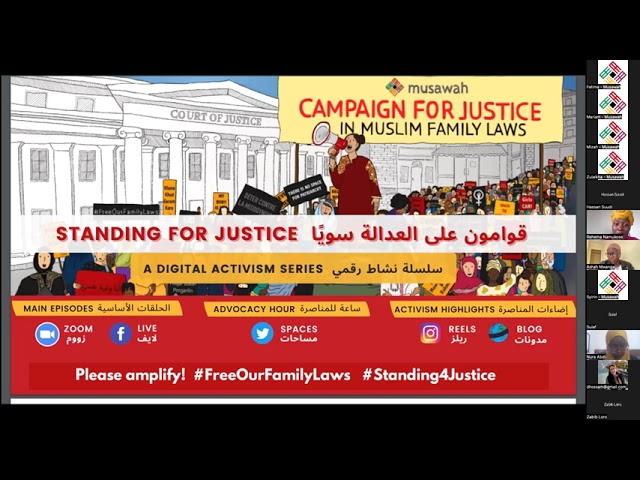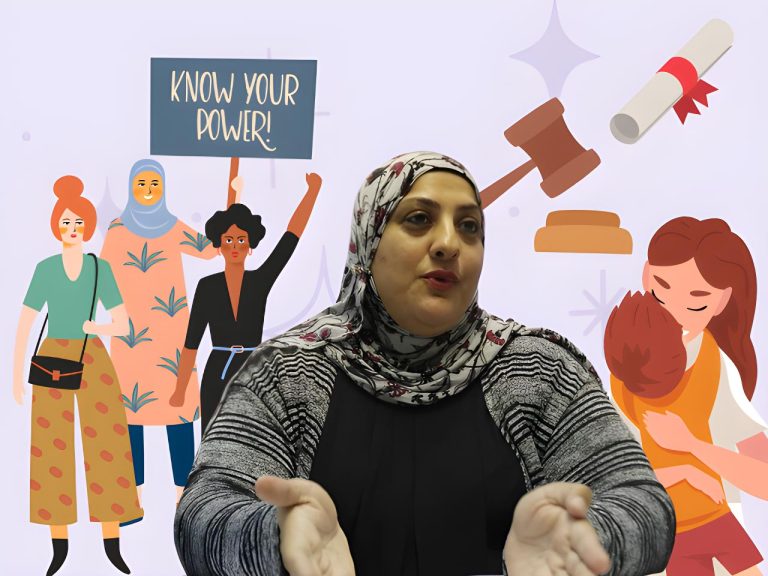In 2021, Musawah officially launched its programming in Sub Saharan Africa. The organization embarked on a mapping exercise of Muslim family laws in six countries in the Greater Horn of Africa (GHoA) to build on evidence we have gathered about MFLs on the continent. Across the GHoA, discriminatory family and personal status laws persist and are often justified with reference to religion, identity, and culture. These laws uphold and legitimise social practices that discriminate against women and subordinate them to the will of their male family counterparts. Made possible with support from the Dutch Ministry of Foreign Affairs under the We Cannot Wait project, the baseline study aimed to provide deeper knowledge and understanding of the landscape of Muslim family laws and practices, justice systems, and their impact on women in target countries of Ethiopia, Somalia, Somaliland, Sudan, Uganda, and South Sudan. As a result, data on MFLs for five countries has been gathered and published in the format of country tables:
- Ethiopia: https://campaignforjustice.musawah.org/resources/country-table-ethiopia/
- South Sudan: https://campaignforjustice.musawah.org/resources/country-table-south-sudan/
- Sudan: https://campaignforjustice.musawah.org/resources/country-table-sudan/
- Uganda:https://campaignforjustice.musawah.org/resources/country-table-uganda/
- Somalia: https://campaignforjustice.musawah.org/resources/country-table-somalia/
In Episode Four of the Standing for Justice Series, we will host three of these researchers to share key findings from this research with our audiences. They will highlight some of the key challenges, gaps, and opportunities for potential reform of discriminatory MFLs in the region; country-level unique findings and experiences, and what other actors need to know about and learn from.


